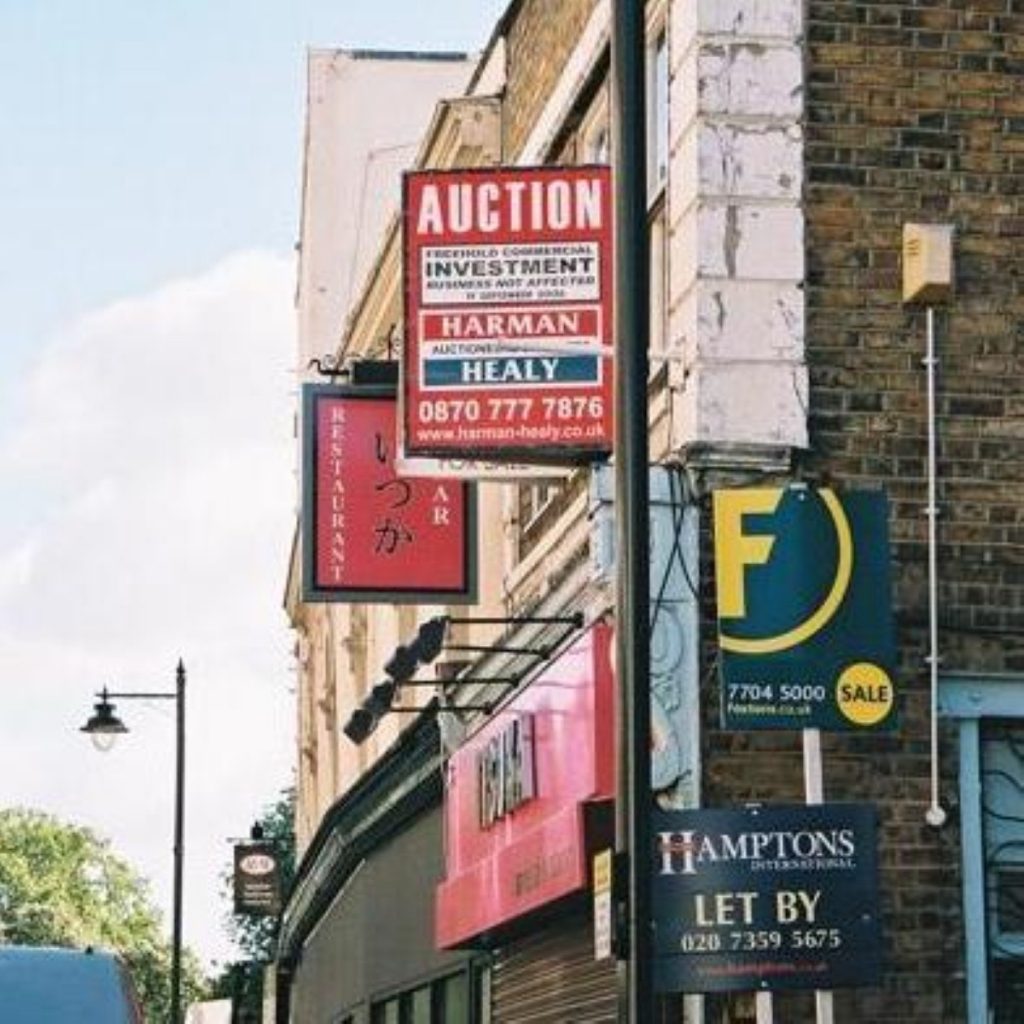House prices become political issue
Frustrated first-time buyers plan to protest against inaccessible house prices when the chancellor speaks in Brighton this weekend.
Gordon Brown is due to speak at the Brighton Festival on Sunday and campaigners plan to use the event to highlight high housing costs. Brighton has experienced the sharpest price rises per square metre of any British city over the past decade.
The campaign group Priced Out will protest during Mr Brown’s speech. They want the government to make affordable, family-friendly housing a priority and resist the pressure of homeowners opposed to new developments.
In his inaugural budget in 1997, Mr Brown promised that he would not allow house prices to inflate to inaccessible levels. Now as the chancellor prepares to move to Number Ten, many first-time buyers hope the next phase of the Labour government will focus on affordable housing.


Hazel Blears pledged more council housing in her manifesto for the deputy leadership, released today. Fellow candidates Jon Cruddas and Alan Johnson have also recognised affordable housing as a social and political issue.
Housing minister Yvette Cooper has long criticised the increasingly unequal access to the property ladder in the UK, warning that high house prices risk pricing out a generation of would-be buyers.
Ms Cooper is concerned that young people will be increasingly unable to buy property unless their parents can use their own home as a guarantee.
Ministers will be discussing affordable housing in the Treasury spending review. A department spokeswoman, however, said she could not comment on the direction of these talks until the review is published later in the year.
The government is keenly aware that demand for housing is outstripping supply, thereby maintaining high house prices.
The Treasury is likely to consider how supply can be increased, including the potential of releasing land and speeding up the planning process.
A government review had warned that 220,000 new homes must be built each year to meet demand. Although building has increased from 130,000 to 180,000, it still falls short of necessary building levels.
An increase in single-person households is escalating demand. The Treasury expects the number of people living alone to rise by 53 per cent over the next two decades and new build plans may need to be adjusted to reflect this.









